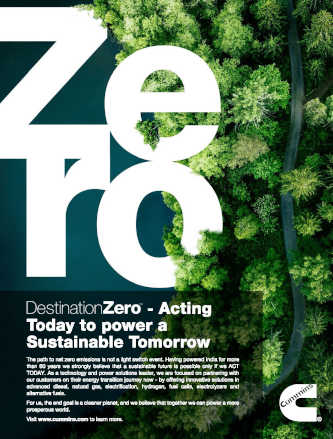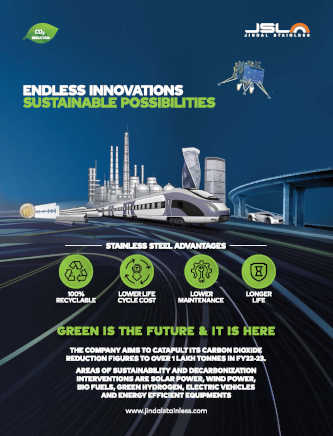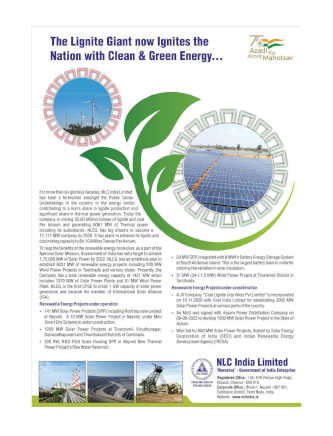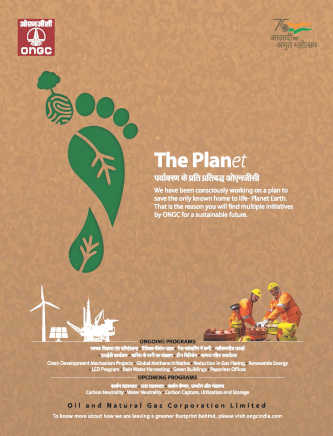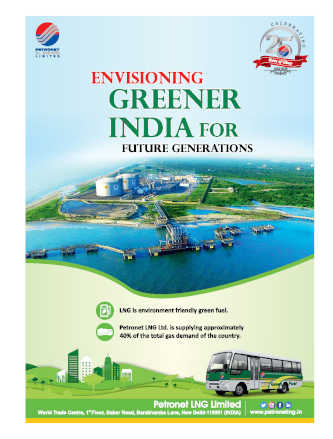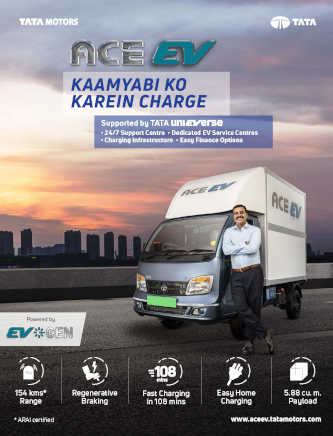The International Renewable Energy Agency (IRENA) has called for raised global ambition in renewables deployment, enabled physical infrastructure, policy and regulations and underlining institutional and workforce capabilities. In the first volume of the World Energy Transitions Outlook (WETO) 2023 released recently, the Agency identifies the way forward to immediately course correct the 1.5°C climate pathway. The report says 1.5°C Pathway positions electrification and efficiency as key transition drivers, enabled by renewable energy, clean hydrogen, and sustainable biomass and tracks implementation across all energy sectors. According to the latest edition, some progress has been made, mainly in the power sector with record additions in global renewable capacity of 300 gigawatt (GW) in 2022. However, the gap between what has been achieved and what is required continues to grow. The report says that more ambitious renewable energy targets are needed; the world must add an average of 1,000 GW of renewable power capacity annually by 2030, as well as significantly increase the direct use of renewables in end-use sectors. IRENA’s Director-General Francesco La Camera said: “We face the harsh reality that we are not on track to deliver on the Paris Agreement. Our only option is to follow the most promising, science-based pathway one that puts renewable energy at the centre of the solution, while leading countries to energy security, reduced energy costs, and forward-looking industrial development. The energy transition must become a strategic tool to foster a more equitable and inclusive world. COP28 and the Global Stock-take must not only confirm our deviation from a 1.5°C pathway, but also provide a strategic blueprint to steer us back on track.” The COP28 President-Designate, Dr Sultan Al Jaber, said: “A goal alone is not enough. This report provides us with a solid pathway to implementation and I welcome IRENA’s recommendations. I have called for a tripling of renewable energy by 2030, which is in line with IRENA’s WETO report. The speed at which the energy transition happens depends on how quickly we can phase up zero-carbon alternatives, whilst ensuring energy security so that nobody is left behind. We also need the political will to create the necessary conditions to rapidly scale up renewables.” The next COP28 will be held in the UAE later this year. “This must create the frameworks for end-to-end delivery and provide the accessible and affordable finance necessary for project pipelines. To meet our 2030 targets, we need urgent action to fast track expansions of grid infrastructure, to reduce permitting timelines, and to reduce the cost of capital in emerging markets and developing economies. I was glad to recently reaffirm a shared commitment with the EU to ensure maximum support among parties at COP28 to triple renewable energy by 2030. The COP28 Presidency also announced this week that Kenya will champion the drive in Africa for tripling renewable energy capacity by 2030,” he said.
-
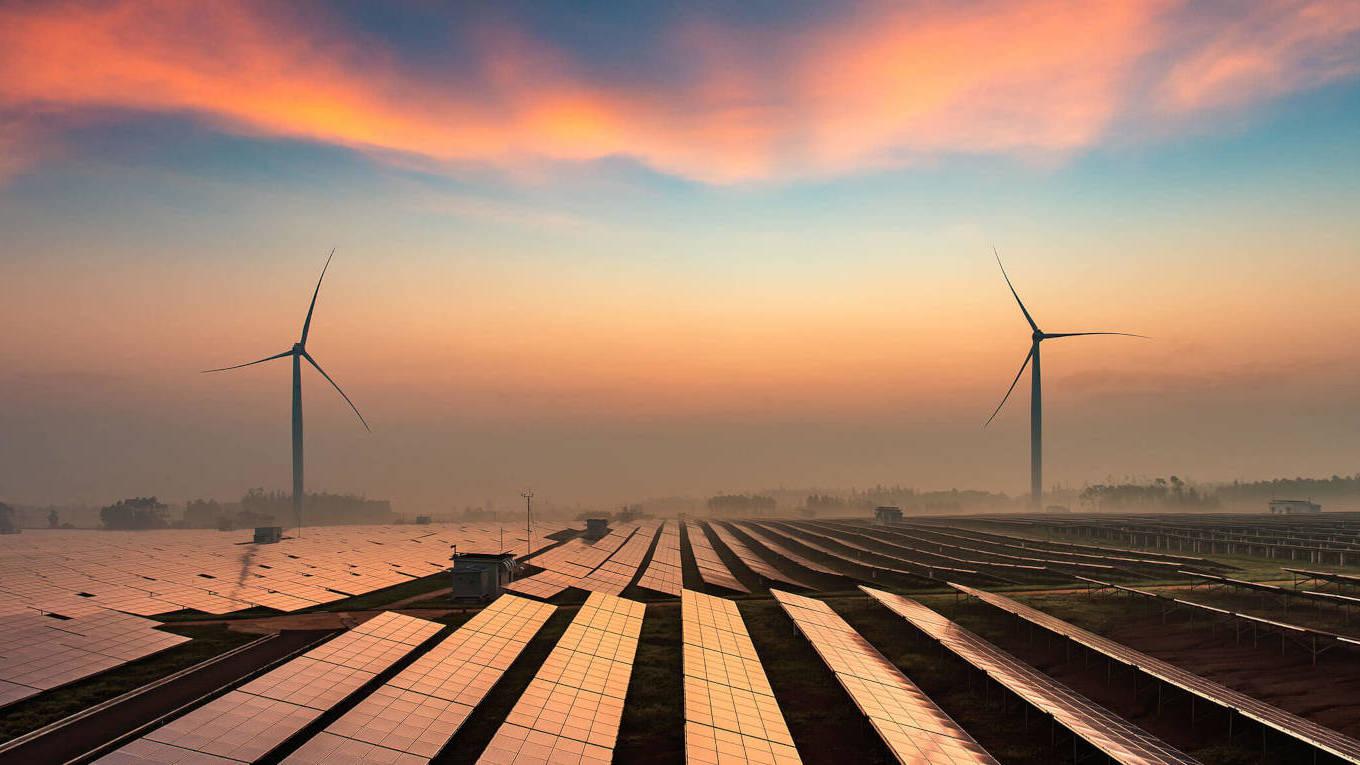
The report says that more ambitious renewable energy targets are needed


